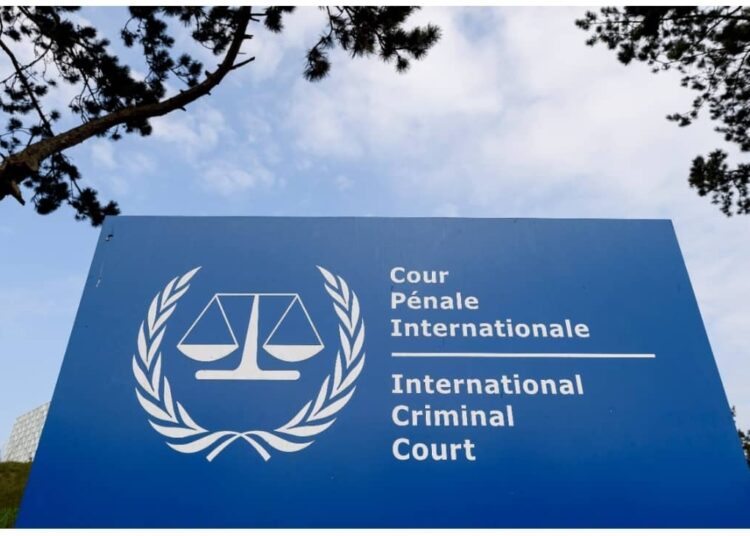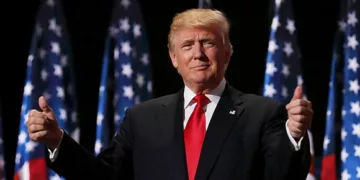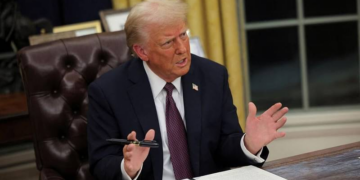The International Criminal Court (ICC), whichw was created in 2002, was intended to provide impartial justice for the most serious crimes: genocide, crimes against humanity and war crimes.
Yet, more than two decades after its creation, the ICC is widely perceived as a biased institution, particularly by African countries. For many, it has become a tool serving the interests of the West, to the detriment of the global South, and Africa in particular.
The most recurrent criticism concerns the ICC’s almost exclusive focus on the African continent. During the first years of its existence, all the investigations opened concerned African countries: the Democratic Republic of Congo, Uganda, Sudan, Kenya, Mali, Côte d’Ivoire, Libya and the Central African Republic. In many cases, the accusations were perceived as politically motivated or even selective.
At an African Union (AU) ministerial council meeting in 2013, Ethiopia accused the ICC of becoming “a political instrument” against Africa.
For his part, President Paul Kagame of Rwanda declared in 2018: “The ICC was supposed to address the whole world, but it ended up covering only Africa.”
Silence on the crimes of Western Powers:
While the ICC exclusively prosecuted Africans, alleged crimes committed by Western forces – notably the USA, the UK and their allies in Iraq, Afghanistan or Libya – went largely unpunished.
In 2020, ICC prosecutor Fatou Bensouda opened a preliminary examination into US crimes in Afghanistan, but Washington immediately reacted by imposing sanctions against her. The message was clear: international justice does not apply to the great powers.
South African Member of Parliament Floyd Shivambu was critical: “We don’t agree with the ICC’s selective prosecution of Africans. It looks like it [the ICC] has only existed for Africans since its establishment. It’s a selective and neo-colonial institution.”
The break with Africa:
Faced with this perception of injustice, several African states have threatened to withdraw from the Rome Statute. Burundi did so in 2017. South Africa and Gambia have also considered withdrawal. The African Union, meanwhile, has called for the creation of an independent African judicial system, better adapted to the realities of the continent.
This tension has highlighted a fundamental paradox: while Africa is the continent that has cooperated most with the ICC, it is also its main target. Many African experts see this situation as a form of judicial neo-colonialism.
What legitimacy for the ICC?
The ICC is currently facing a crisis of legitimacy. Accused of practising two-tier justice, influenced by the geopolitical interests of the West, it is struggling to convince people that it can be truly impartial. Overall, African countries’ disappointment with the ICC is not simply the result of a misunderstanding: it reflects a profound imbalance in the application of international law. Today, the Court risks losing what little credibility it has left.











